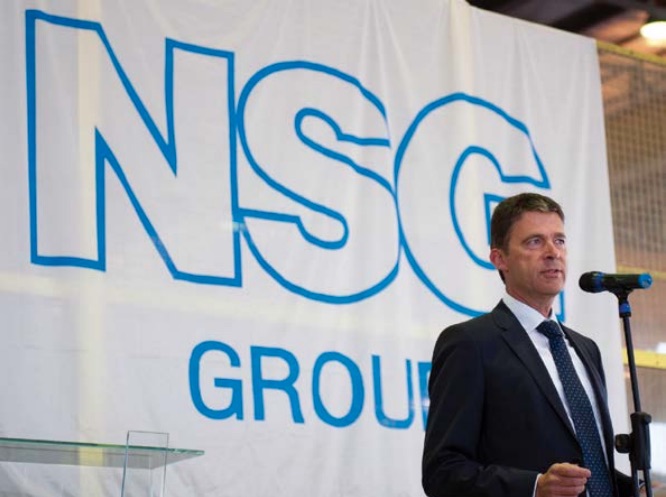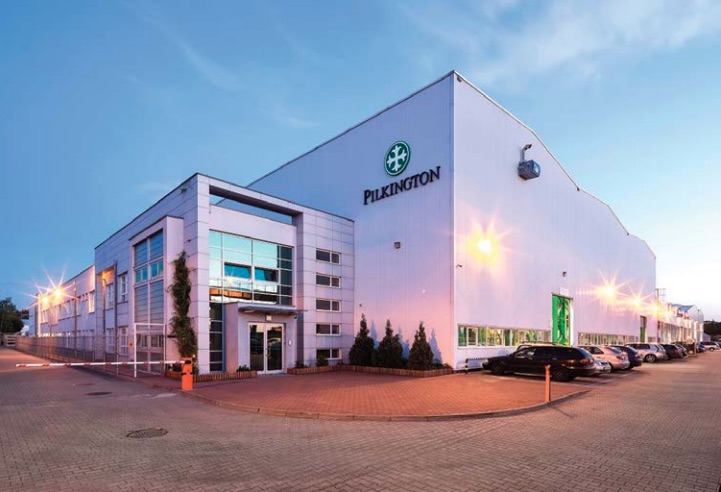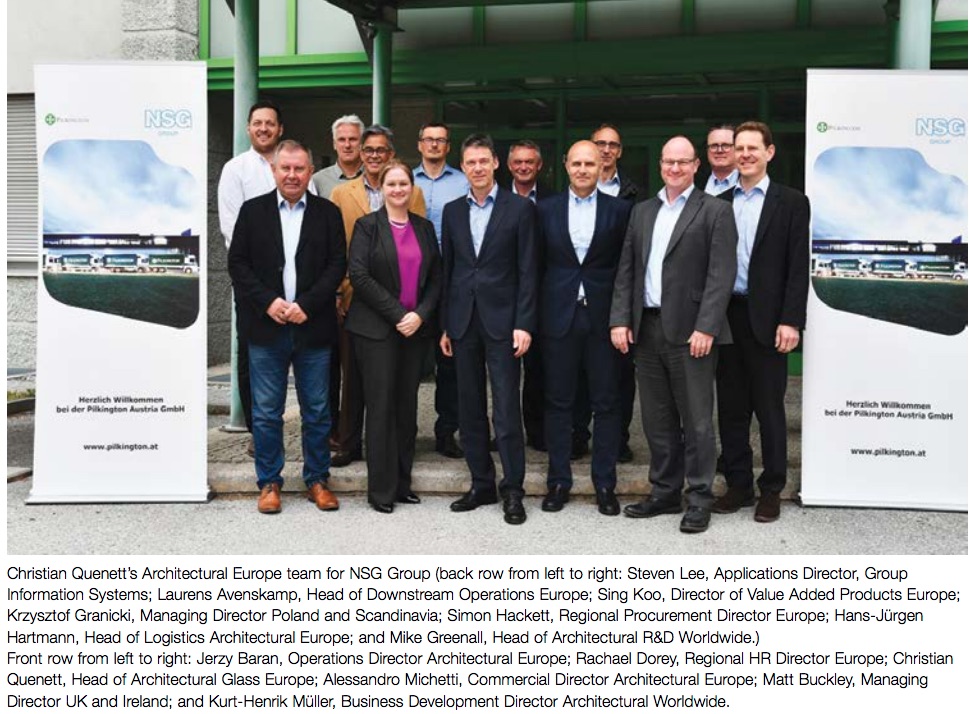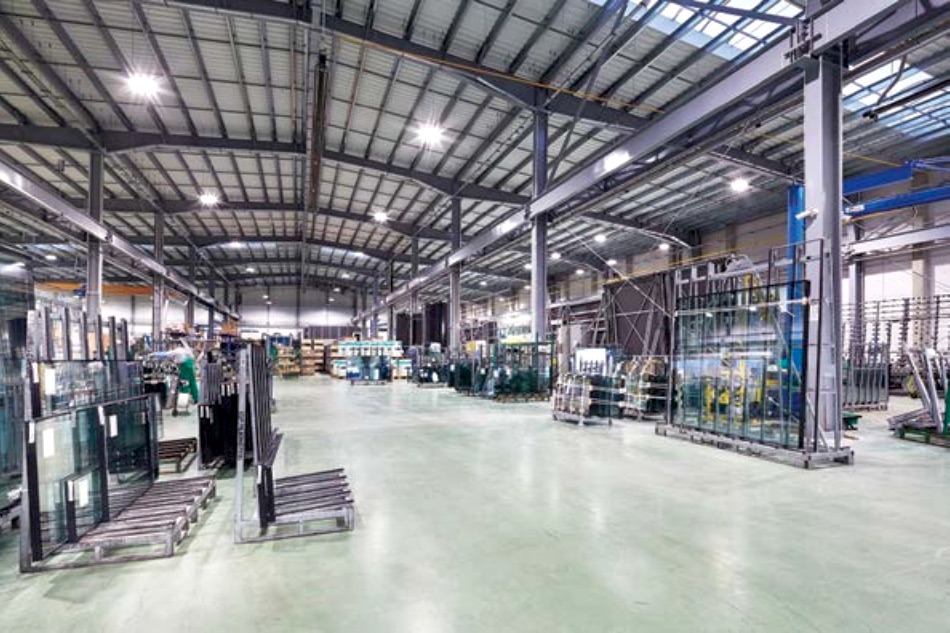It may not have been the original plan but it was an obvious decision for Christian Quenett to pursue a career in the flat glass industry. His father had worked in the industry for over 35 years and during his studies, Christian spent several internships at the Pilkington research laboratories in Germany and the UK. “Besides that, I have always been fascinated by glass as a material, its properties and the application opportunities it can offer” he explains, emphasising that this latter aspect has developed remarkably over the past couple of years.
A physics graduate from the Technical University of Karlsruhe in south west Germany, Christian Quenett completed a PhD in mechanical engineering in the field of fluid dynamics at the French-German Research Institute in St Louis in 1995. He was born and raised near Wernberg, Bavaria, where his father worked at the local glass processing site. Ten years later, his father took over the management of the Flachglas AG R&D function in Gelsenkirchen, where schooling was finished.





